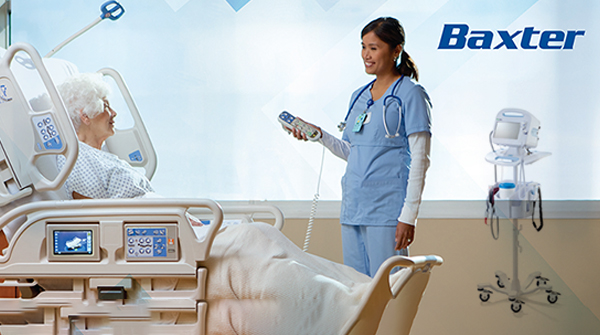NIH-Supported Study Demonstrates BDI's Bone Density Test Predicts Fractures Using Current CT Images
15 May 2024
NIH-funded study published in Osteoporosis International reveals a significant advancement in osteoporosis detection.
Los Angeles-based company BDI has developed a bone density test that utilizes existing CT scans to accurately predict fractures, enabling timely prevention measures.
Osteoporosis, often referred to as a "silent disease" due to its lack of symptoms, affects a considerable portion of the population, particularly older adults, yet only a fraction undergo screening.
The study presents alarming statistics: nearly a quarter of men and over a quarter of women aged 50 and above have undiagnosed and untreated osteoporosis.
Osteoporotic fractures pose a greater risk than common health conditions like heart attacks, strokes, and breast cancer combined, leading to significant suffering and financial burdens on healthcare systems.
Traditional screening methods face challenges such as cost, inconvenience, and the need for additional imaging. However, BDI's innovative approach utilizes existing CT scans, eliminating the need for extra procedures or radiation exposure.
The study demonstrates the effectiveness of this method in predicting hip and vertebral fractures, marking a significant advancement in osteoporosis diagnosis.
BDI's screening service is widely covered by insurance and recommended by medical guidelines for individuals at risk of osteoporosis. Early detection and intervention can significantly reduce the risk of fractures, offering a win-win solution for patients, healthcare providers, and payers alike.
BDI, a spin-out of The Lundquist Institute for Biomedical Innovation, is dedicated to revolutionizing bone health diagnostics through advanced imaging technology.
Their commitment to improving awareness and accessibility to osteoporosis screening is crucial in addressing this prevalent yet often overlooked health issue.
Source: businesswire.com

